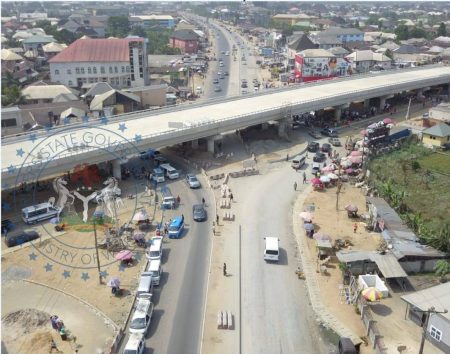
Port Harcourt — NLNG MD Philip Mshelbila is a medical doctor by background. People like him are trained on how to deliver bad news. For instance, they would usually be empathic while informing a patient of a terminal illness. But recently, the Ahmadu Bello University-trained Dr. Mshelbila was emphatic. He cut to the chase and delivered a not very cheerful news: NLNG Train 8 is in doubt! His words: “Today, the biggest challenge we have, one that poses a threat not only to our existing operations but also to our expansion plans, is feed gas supply. Trains 1 to 6 currently operate at roughly half their potential capacity, a situation that has persisted for some time. The main issue behind the challenge is crude oil theft which affects associated gas supply. The plant is half-full, not because we don’t have the capacity but because the feed gas is not there. We have aspiration for Train 8 but we cannot progress that work because we have no line of sight as to where that gas will come from. We believe that the gas can only come from deep water gas but the terms for that must be addressed. At present, the Production Sharing Contracts (PSCs) that govern deep-water exploration do not offer commercially viable terms for producers.”
Forget about the playing around with words; this, in effect, is what the NLNG chief is saying: Trains 1 – 6 are operating at half capacity due to crude theft which has reduced gas supply. Train 8 may not be a reality because of crude theft and unviable commercial terms for gas production. Dr. Mshelbila had a good reason to speak plainly. He was hosting the Minister of State for Petroleum Resources (Gas), Ekperikpe Ekpo, on his maiden visit to the NLNG plant on Bonny Island, Rivers State. Of the two inhibiting factors, the commercial terms for gas production deep offshore is easier to tackle. It is an issue about regulation which can be amended through the Petroleum Industry Act (PIA) that became law in August 2021.
What should make us scratch our heads is crude theft which shows no sign of abating despite the best of efforts by security agencies and the myriad of surveillance contracts. Incorporated in 1989, NLNG exported its first cargo on October 9, 1999, at the beginning of operations that has seen it export over 5,000 LNG cargoes. Reputed as one of the fastest growing LNG businesses in the world, the NLNG plant has grown from two trains in 1999 to six with a capacity of 22 million tonnes per annum (mtpa.) NLNG is one of the rare corporate successes in Nigeria and this is primarily due to its unique governance structure. The company is owned by the Nigerian National Petroleum Company Limited (NNPC) (49%), Shell Gas B.V. (25.6%), TotalEnegies Gaz & Electricité Holdings (15%), and Eni International N.A. N.V. S.àr.l (10.4%.)
The shareholders have been smiling to the banks. Take Nigeria for instance. Over the years, NLNG paid dividends of about USD18 billion and another USD9 billion in taxes to the Federal Government. The company’s assets are worth over USD17.5 billion of which 49 per cent is foreign direct investment in Nigeria. NLNG is adding a 7th train. Construction began in 2021 and will be completed in 2024 with the idea to boost the capacity of the plant to 30 Million Tonnes Per Annum (MTPA.) NLNG’s gas is produced with oil (associated gas) and this has helped to reduce gas flaring in Nigeria from 65 to about 20%. As NLNG prepares to welcome Train 7, it is planning for Train 8 in what has been adjudged a logical extension of a success story. However, if an oil pipeline is shut down, NLNG won’t have gas as has been the case with Trains 1 – 6 which are running at half capacity due to feed gas supply shortages caused by oil theft and pipeline vandalism. The twin evils cost NLNG some $7 billion in revenue between January — August 2022.
NLNG is not alone in this problem. In August last year, Group CEO of NNPC Limited Melee Kyari, disclosed that Nigeria loses $1.9 billion monthly to crude oil theft. Just this week, the organisation issued a statement saying it uncovered 149 cases of crude oil theft across the Niger Delta within one week (Oct 14 – 20, 2023.) It said: “Far from the regular, these criminals have taken their activities a notch higher. In this camp, the thieves have installed CCTV cameras on trees to look out for security operatives. Mortar launchers and defence systems were also mounted by the oil thieves in various locations to eliminate any perceived enemy.” So, make no mistake about it, we’re dealing with an industry within an industry. The lack of standards and safety in crude theft operations means mishaps are commonplace which claim lives even as rampant spills damage the environment. Crude thieves threaten present and future generations and remind us of our collective impotence as we fail to tame them. Crude theft is an additional indication of the failure of the Nigerian state of which the well-articulated doubt on the future of NLNG Train 8 is an example.



